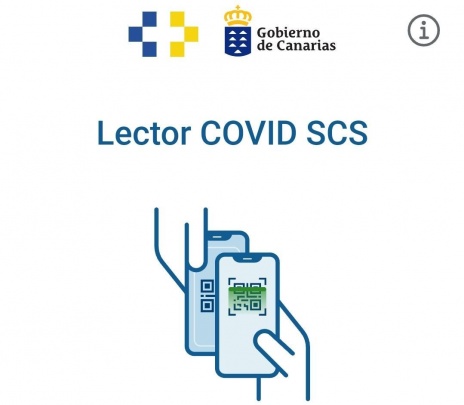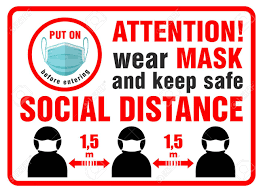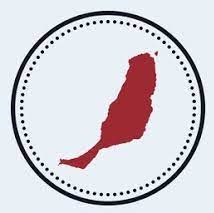From this Saturday 26th March 2022, certain restrictions have been lifted due to improvements recorded throughout February and March as well as the high number of fully vaccinated people that in turn has weakened the symptoms and effects of Covid when contracted. Despite the fact the Alert Levels on some islands remain high, the repercussions from a public health standpoint and for individuals has decreased allowing for lesser restrictions than expected even a few months ago.
Early detection, observation and control strategies are being implemented after observing the impact Covid had during the sixth wave that resulted in higher vaccinations and elevated incidents because more testing was being carried out although the majority of those cases only presented mild symptoms or none at all. The high detection rate contributed to higher pressure on health services but a decrease in the number of patients admitted to the ICU.
Agreements were reached in a Plenary Session held by the Canarian Government Council on Thursday 24th March whereby some restrictions upheld on all islands in line with the each one’s Alert Level will be suspended, but only temporarily.
The new Agreement was published yesterday in the BOC and is valid between midnight Saturday 26th March and midnight of the 30th April 2022, on the understanding that no significant changes are detected on the islands, i.e., sudden increases in cases or uncontrolled outbreaks during this time.
To that end, if these measures are deemed unfavourable, restrictions outlined in Decree-Law 11/2021 may be reactivated on the affected island or islands.
What Restrictions Have Been Suspended?
The Agreement states that all restrictions detailed in Decree-Law 11/2021, which is to say those relating to maximum occupancy in establishments, closing times and those limiting the number of people who are allowed to gather.
Express and prior authorization to hold events, festivals and similar is no longer required. Smoking in public and on terraces is permitted as is consumption of food and drink on the street. Night life can kickstart under the same conditions each establishment had before the pandemic started (if they can even remember what that was like!)
This situation will be heavily monitored so the experts recommend we continue with the preventative measures we are now used to such as the use of masks indoors, frequent washing of hands, good ventilation and being more vigilant around the elderly or vulnerable persons.
Alert Level Changes
From Monday 28th March 2022, FIVE alert levels will come into effect, ( 0, 1, 2, 3 and 4), based on indicators the experts will use so we’ll have to see how that works out.




